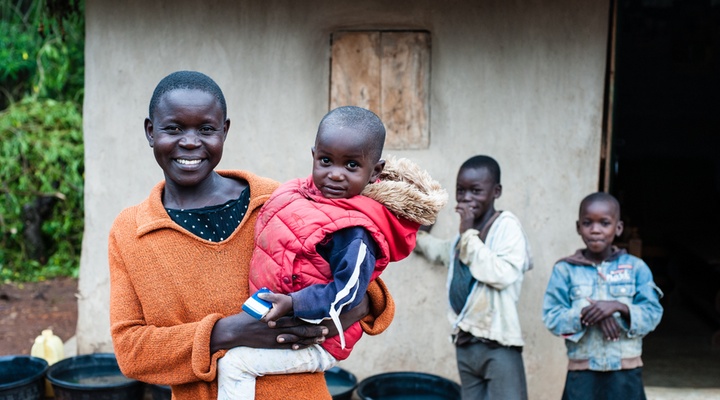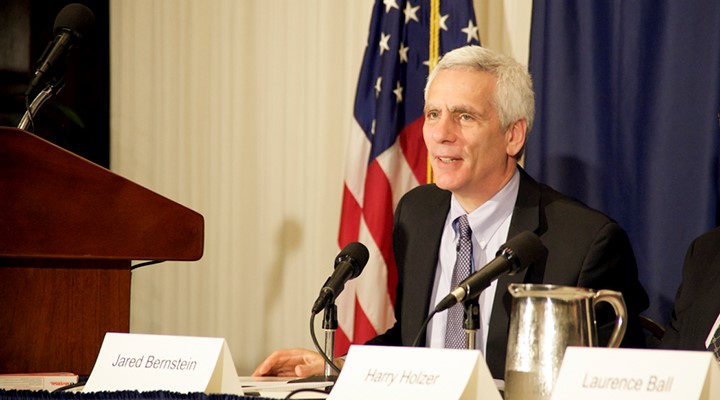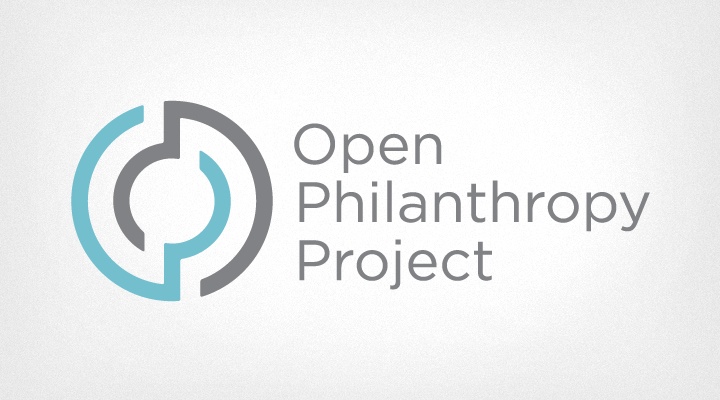Notes from November convening on our policy priorities
Holden Karnofsky writes about the November convening on possible Open Philanthropy Project U.S. policy priorities. Read More
Topics: Criminal Justice Reform, Macroeconomic Policy

We envision a world in which philanthropists increasingly document and share their research, reasoning, results, and mistakes to help each other learn more quickly and serve others more effectively.
In this space, we often cross-post items from the blog of our partner, Open Philanthropy, to give readers a fuller picture of the reasoning behind our work.
Holden Karnofsky writes about the November convening on possible Open Philanthropy Project U.S. policy priorities. Read More
Topics: Criminal Justice Reform, Macroeconomic Policy
Cari Tuna explains the reasoning behind our grants to GiveWell's recommended charities for the 2014 giving season. Read More
Topics: Global Health & Development
Holden Karnofsky gives an update on our work to choose focus areas for the Open Philanthropy Project. Read More
Topics: Global Catastrophic RisksHolden Karnofsky considers the benefits of developing deep expertise in a few causes compared with getting involved in many causes. Read More
Topics:
Holden Karnofsky reflects on the biggest challenges of being public and open about giving decisions. Read More
Topics:We commissioned David Roodman to examine how increasing immigration to the U.S. would impact wages for current U.S. residents. Read More
Topics:
Cari Tuna writes about the Open Philanthropy Project, a new name to describe the collaboration between Good Ventures and GiveWell. Read More
Topics:Good Ventures has awarded $3 million to The Pew Charitable Trusts as part of our work on criminal justice reform. Read More
Topics:Alexander Berger writes about the areas we currently see as most promising with the goal of reducing global catastrophic risks. Read More
Topics: Global Catastrophic Risks
A blog post by Holden Karnofsky about the specific causes we're considering as possible focus areas in U.S. policy advocacy. Read More
Topics: